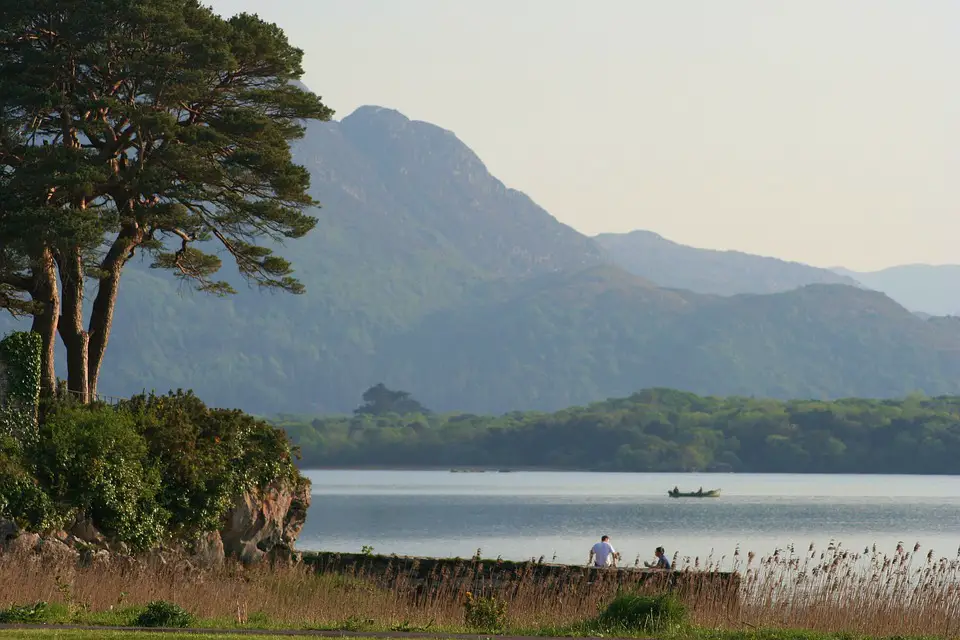Leave No Trace is an ethos that promotes responsible outdoor practices to minimize the impact on the environment while enjoying time in nature.
Eco-friendly camping is a way to enjoy outdoor adventures while leaving a minimal footprint.
In this article, we will discuss some valuable tips and practices to ensure your camping trips are environmentally responsible.
Plan Ahead and Prepare
Proper planning before your camping trip is crucial in reducing your impact on the environment.
Research the rules and regulations of the camping area and obtain any necessary permits.
Plan your meals to minimize waste and pack reusable containers for storage.
Consider bringing biodegradable soap and cleaning supplies to minimize water pollution.
Make a checklist to ensure you have all the necessary gear, reducing the need for last-minute purchases.
Choose an Established Campsite
Using established campsites is more eco-friendly than creating new ones.
Look for designated campsites, which are already equipped with impact-resistant surfaces and facilities such as fire rings and picnic tables.
Avoid setting up camp near water sources to protect fragile ecosystems.
Be mindful of local wildlife and vegetation, ensuring you do not disrupt their habitats.
Practice Proper Waste Disposal
One of the most critical aspects of Leave No Trace camping is proper waste disposal.
Always carry garbage bags and dispose of trash in designated receptacles.
If no appropriate bins are available, pack out your trash to dispose of it properly.
Do not burn or bury trash as it can pollute the soil and harm wildlife.
Employing reusable containers for food storage will significantly reduce waste generated during your camping trip.
Leave Nature Intact
When camping, it is crucial to leave the natural surroundings as you found them.
Avoid damaging trees and plants, and refrain from picking flowers or plants as mementos.
Minimize your impact on the soil by staying on designated trails and campsite areas.
Use existing fire rings if available and never cut down or damage live vegetation to build a fire.
Respect Wildlife
Observe wildlife from a distance and do not approach or feed them.
Maintain a respectful and safe distance to avoid disturbing their natural behaviors.
Do not leave food or trash unattended, as this may attract animals and create conflicts.
Properly store food in animal-proof containers or hang it from trees to prevent animals from accessing it.
Campfire Tips
Enjoying a campfire can be a highlight of any camping trip, but it is vital to follow eco-friendly practices.
Check with local authorities if campfires are allowed and adhere to any fire-restriction guidelines.
If campfires are permitted, use only established fire rings or fire pits.
Use deadwood on the ground instead of cutting branches or trees.
Extinguish the fire completely before leaving the campsite and ensure no embers remain.
FAQs
Can I use regular soap for washing dishes during camping?
While regular soap is acceptable for washing dishes in most cases, it is recommended to use biodegradable soap to minimize the impact on the environment.
Biodegradable soap is designed to break down quickly and does not contain harmful chemicals that can pollute water sources.
How can I minimize waste while camping?
You can minimize waste by packing reusable containers for storing food and beverages.
Opt for products with minimal packaging and avoid single-use items.
Carry garbage bags and dispose of trash in designated receptacles or pack it out if necessary.
Packing your own water filtration system reduces the reliance on single-use plastic bottles.
Why should I camp in established campsites?
Established campsites are designed to reduce the impact on the environment.
They have designated areas for camping, fire rings, and facilities that help protect the surrounding ecosystem.
By utilizing established campsites, you are minimizing damage to natural habitats and promoting sustainable camping practices.
How can I protect wildlife during my camping trip?
Respect wildlife by observing them from a safe distance and never approaching or feeding them.
Store food securely to avoid attracting animals and create conflicts.
Avoid leaving trash or food unattended, as this can negatively impact wildlife behavior.
Follow guidelines and regulations set by authorities regarding wildlife encounters in the camping area.




